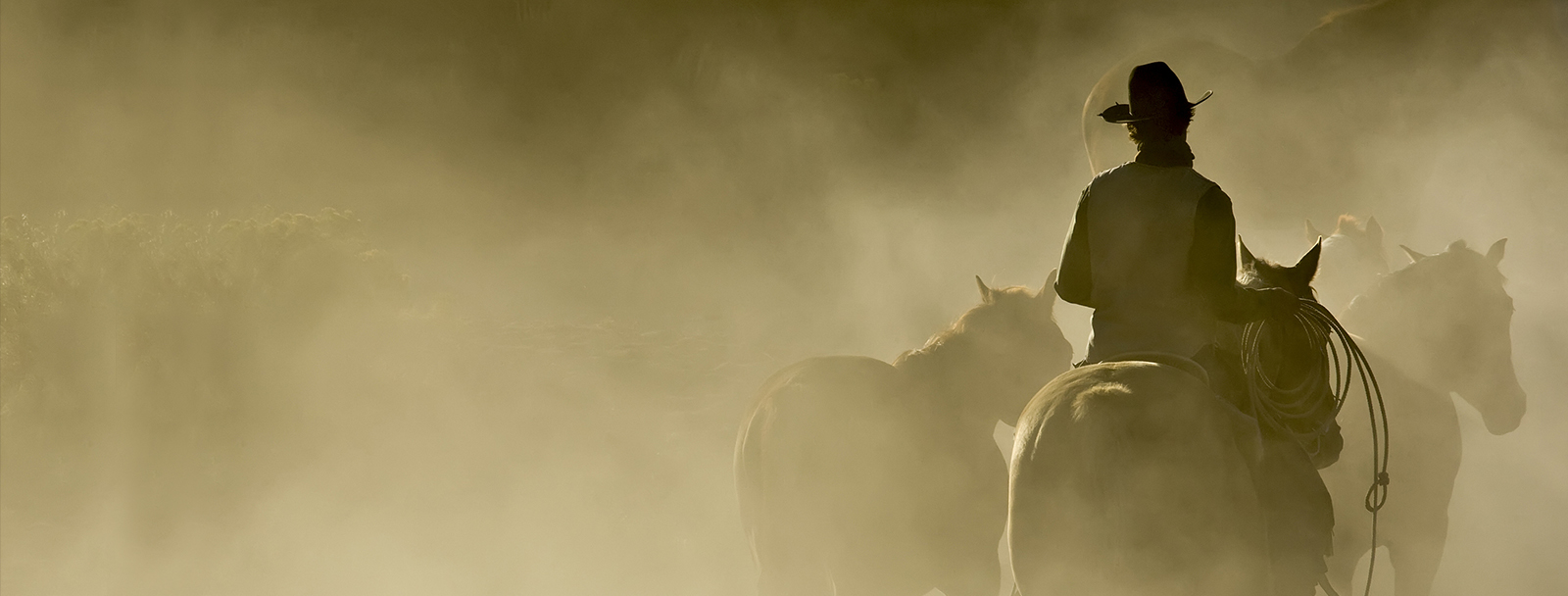I am excited to share this blog by Jerry B. Jenkins
 Do you ever wonder whether you’re really worthy to call yourself a writer?
Do you ever wonder whether you’re really worthy to call yourself a writer?
You have a deep desire to impact people with your words.
But doubt creeps in and you ask yourself:
“What makes me a writer? I’ve never published anything, let alone a book.”
“What I have written is no good. I’m not even sure I should be doing this.”
“I can’t honestly call myself a writer. I’m nowhere near good enough!”
Sound familiar?
If you let it, that voice will keep you from ever sharing your message with the world. So let’s fight the voice of doubt with a dose of truth.
How does a person actually become a writer?
Every once in a great while you’ll hear of someone who decided to write something, or was badgered into it, and surprised everyone by becoming known as a writer.
But usually becoming a writer takes a normal course. You become a writer the way you become a bicyclist  or a gymnast or a dancer, singer, cook, or plumber.
or a gymnast or a dancer, singer, cook, or plumber.
See where I’m headed with this?
You walk—and trip and tumble and plop—before you run.
Your bike tips over and you skin your knee, perhaps a dozen times, before you catch on to riding a bike.
You ruin a lot of recipes, burn cakes and pies and assorted fowl and bovine, before you become a cook.
You soak your clothes and floors and everything else in sight before you learn the ins and outs of plumbing.
Being bad at something we want to succeed at is part of the process.
It’s how we pay our dues.
If you’re not willing to fail, to stink, to be lousy, to make mistakes, to accept correction and criticism and counsel from experts, you’re not likely to progress.
So when can you call yourself a writer?
As soon as you’re willing to dive in—regardless how good or bad you are.
Just do me one favor:
Don’t call yourself a writer before you’ve mustered the courage to try.
Accept that you will be bad at first, just like we all are at everything we try for the first time. Humility is a good starting point.
But if you’re only talking about being a writer, only reading blogs about it, only going to writers conferences, hobnobbing with writers, dressing like a writer (whatever you think that means), you’re not a writer. You’re a wannabe.
Wannabes talk about writing. Writers write.
 They may not write well yet, but they write.
They may not write well yet, but they write.
When your seat is in the chair and your fingers are on the keyboard and the words are appearing on the screen, you’re in the game.
Otherwise, you’re talking, but no one is listening.
There’s nothing wrong with wanting to be a writer.
But if you want to call yourself a writer, you have to write.
How I tell the difference:
I can tell within the first minute of talking to a writing student whether they have what it takes to succeed.
How?
I’m not mean, but I’m straightforward. I assume they want honest input on how to improve, and so I tell them. It can be hard to hear.
Their expression and body language tells me immediately whether they are eager to learn and grow or if they were merely hoping to be discovered.
I know it’s hard.
It can be scary to show your work to a professional, even more so to an editor or publisher who will decide whether to buy it or reject it.
But real writers want the feedback. They want to get better, to learn, to grow, to succeed.
Are you a writer?
If you’ve failed and are still writing, if you’re scared and are still writing, if you’ve stood up to a stinging  critique and made your piece better by applying what you learned, if you’ve stayed at it despite that pervasive fear of failure, you are!
critique and made your piece better by applying what you learned, if you’ve stayed at it despite that pervasive fear of failure, you are!
How do you know when you’re really a writer?
When you’re writing. Good, bad, fearfully, courageously—regardless.
If you’re in the game and plying your trade, say it loud and say it proud:
I am a writer!
Are you a writer? Tell me below and tell me why.
Reposted with permission from Know You’re Really a Writer. Copyright 2015 Jerry Jenkins. All rights reserved.

I know I’m a writer because I’ve had a thick-skinned critique by Jerry Jenkins . . . and survived! 🙂 Seriously though being able to take criticism is so important in a writer’s life. You grow from it and become a better writer.
Thanks Jerry for all the red markings on that first page!
Darlene
You’re so right, Darlene. I learned so much from Jerry. Wouldn’t be where I am today without him.